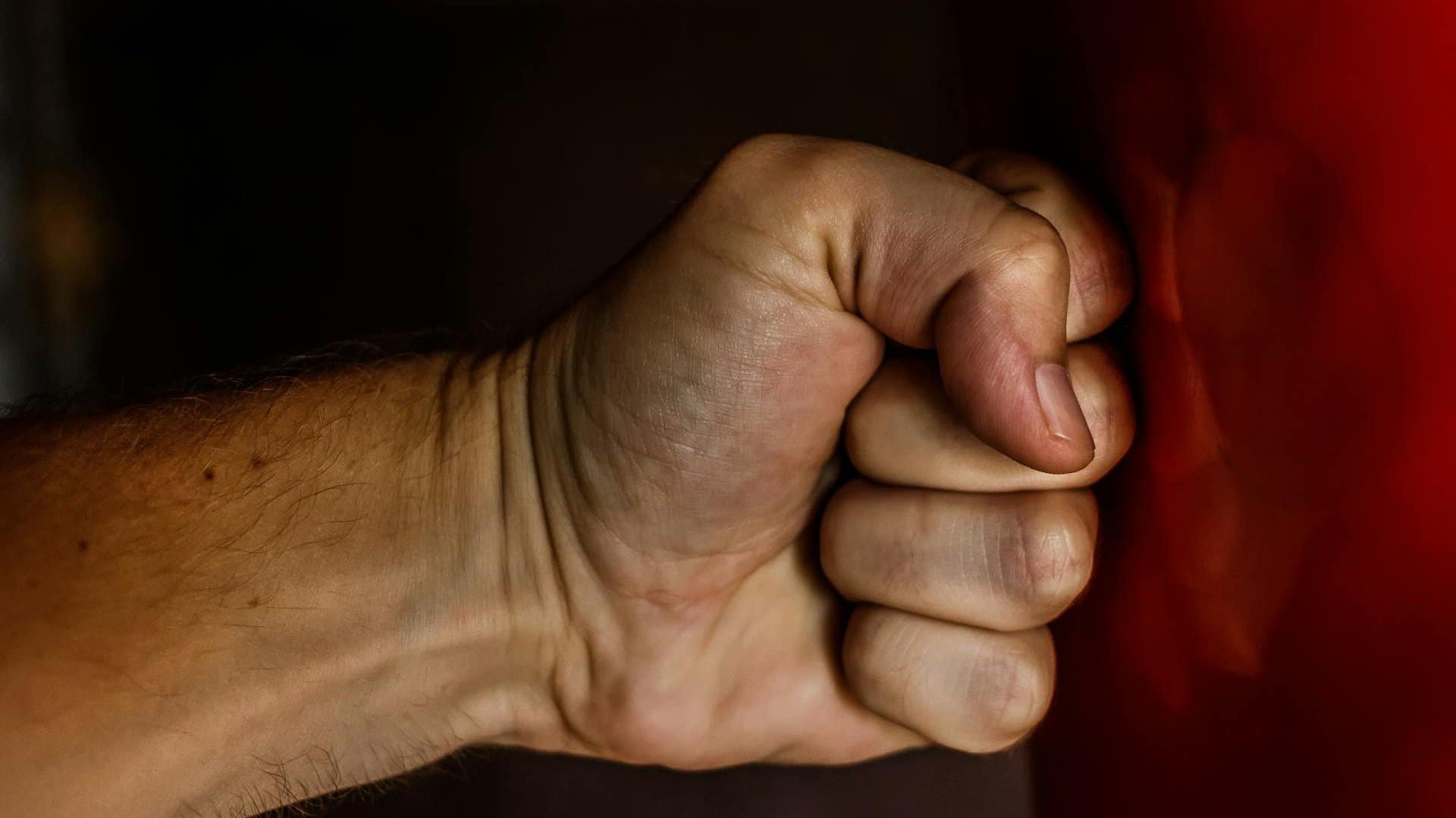



By Robert Lawson, Birmingham City University
Thot. White knight. Red pilled. Cuck. Beta. Soyboy. Unicorn. Chad. To many people, these words won’t mean much. To others, they are a core part of the vocabulary of the “manosphere” – a collection of websites, social media accounts and forums dedicated to men’s issues, from health and fitness to dating and men’s rights.
Many (though not all) manosphere communities have become spaces where explicit anti-women and anti-feminist sentiment abound. These include incels, men’s rights activists, red-pillers, pick-up artists and male separatists.
I’m interested in how men use language, especially in the media and online, and what this tells us about contemporary masculinity and gender relations. In my recent book, I show how the language of the manosphere creates a culture of exclusion, denigration (mainly of women, but also of other men), male power and entitlement.
Understanding what manosphere terms mean can help teachers and parents start conversations with young men who are engaging with manosphere and male supremacist content. Recognising how language and ideology are connected can help with deradicalisation efforts, or ideally prevent radicalisation in the first place. And for young men and boys themselves, this awareness can improve their digital literacy and help them resist manipulation.
For police and other authorities, language can be an early warning system to identify men at risk of carrying out male supremacist violence. Tragedies in Isla Vista, Oregon, Toronto, Tallahassee and Plymouth were all prefaced by the perpetrators publishing male supremacist and incel content.
It is difficult to give a comprehensive overview of every instance of manosphere language. It is a constantly evolving collection of terms, sometimes in response to new issues that emerge, or in an attempt to subvert social media moderation efforts (abbreviations and acronyms are good examples of this). Here are some key terms to know.
In the manosphere, those who have been “red-pilled” see the world as it really is, understanding the so-called “real” nature of women’s behaviour and dating preferences. As researchers Megan Kelly, Alex DiBranco and Julia DeCook write:
The concept was co-opted by the seduction community, a community organised around sharing tips and guidance for attracting and seducing women, before making its way to other parts of the manosphere.
Becoming an alpha is an aspirational goal for many men who engage with manosphere content. Alphas are in charge, have their pick of sexual partners and have ultimate control, both of themselves and others. Betas are the polar opposite: physically and psychologically weak, sexually unattractive, timid, submissive, meek and generally lacking in the qualities necessary to attain “real” manhood.
Chads are the “ultimate alpha” – the ultra-masculine, virile, powerful and sexually attractive man to whom Stacys and other women flock. The term “gigachad” refers to the most alpha of alpha males.
Stacys are an idealisation of femininity – a hyper-attractive, sexually desirable, promiscuous but vapid woman. She is ultimately unobtainable, especially to men who are not Chads. Simultaneously the objects of disdain and desire, Chads and Stacys highlight a clichéd view of men and women, rooted in stereotypes and pigeonholes rather than in reality.
 The ‘alpha male’ is an important concept in the manosphere. (Image credit: Pexels/Pixabay)
The ‘alpha male’ is an important concept in the manosphere. (Image credit: Pexels/Pixabay)
The term is strongly associated with a subgenre of “humiliation pornography”, in which a man derives sexual pleasure from watching his female partner have sex with another man. Cuck is often used as an insult, especially since the idea of allowing one’s partner to have consensual sex with other men goes against heteronormative notions of male sexuality, control and ownership.
In some cases, such pornography also has an interracial dimension, contributing to racist stereotypes of Black men’s hypersexuality and hyperphysicality. Linguist Maureen Kosse has written about how cuck is used to “spread covertly racist online discourse by cloaking medieval sexual logic and racial anger in misogynistic humor”.
It is clear that manosphere language is contributing to an increasingly politicised and fractious form of gender relations. By understanding this language, we can better counter it.![]()
Robert Lawson, Associate Professor in Sociolinguistics, Birmingham City University
This article is republished from The Conversation under a Creative Commons license. Read the original article.
Discover the latest Business News, Sensex, and Nifty updates. Obtain Personal Finance insights, tax queries, and expert opinions on Moneycontrol or download the Moneycontrol App to stay updated!
Find the best of Al News in one place, specially curated for you every weekend.
Stay on top of the latest tech trends and biggest startup news.